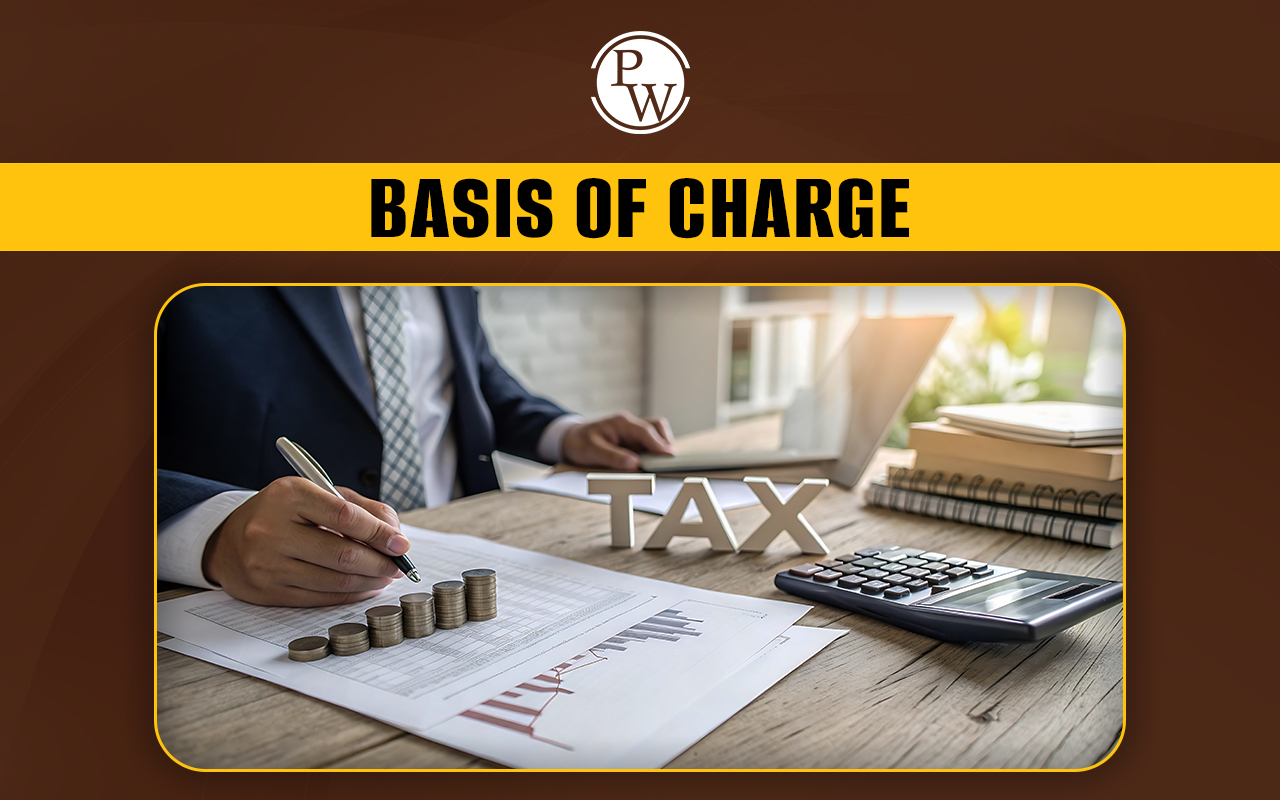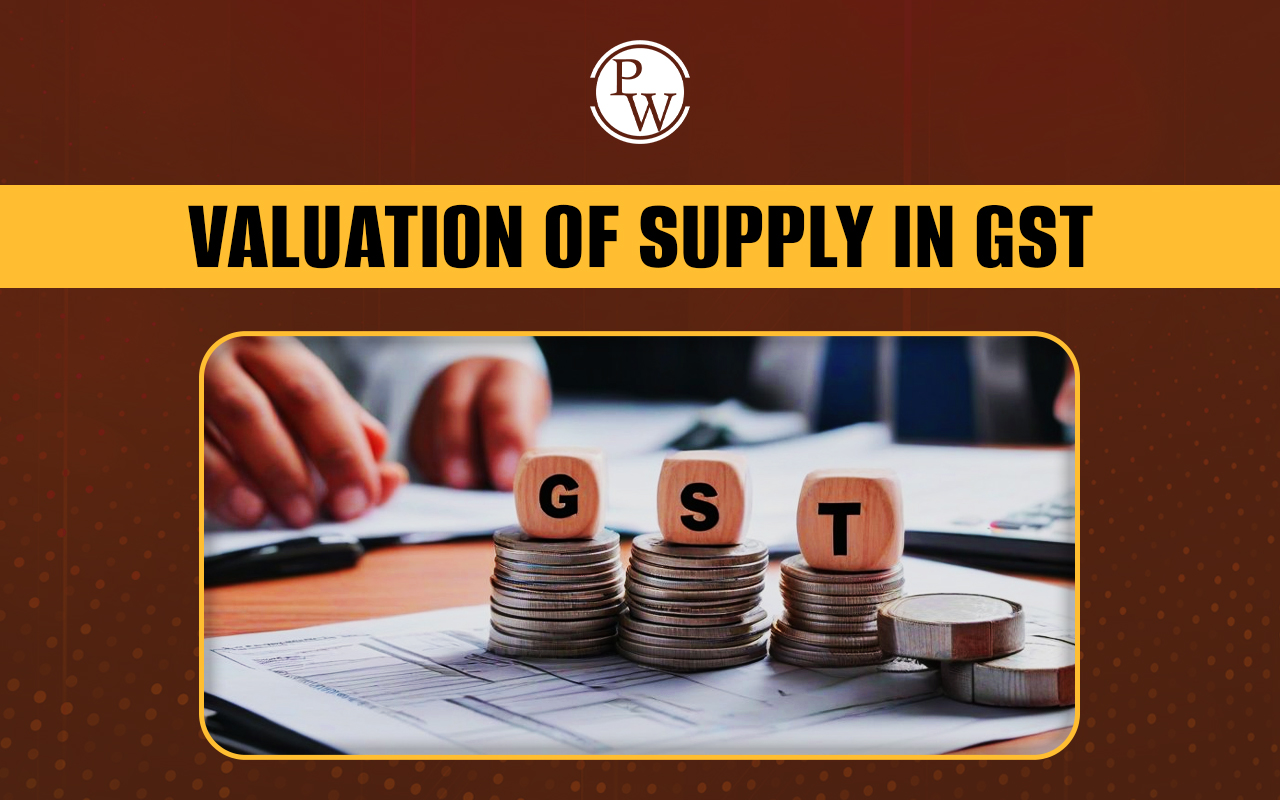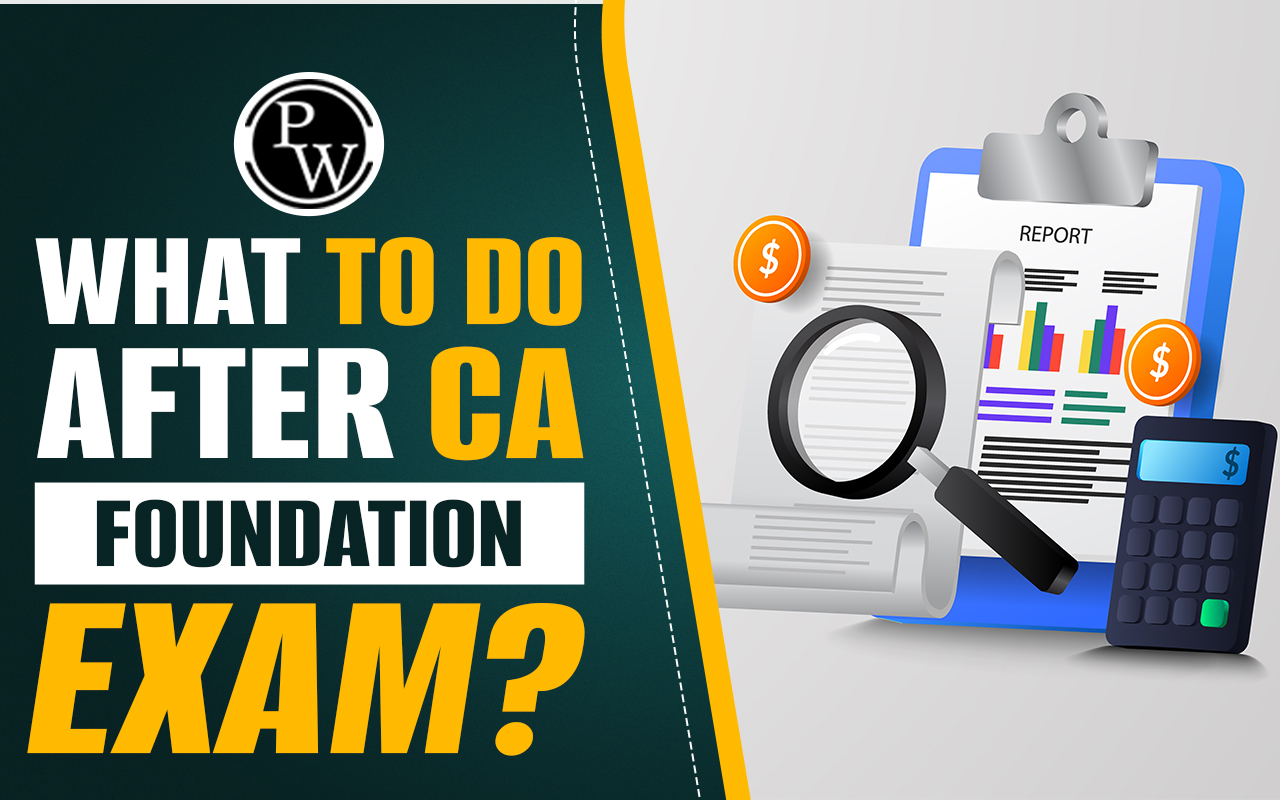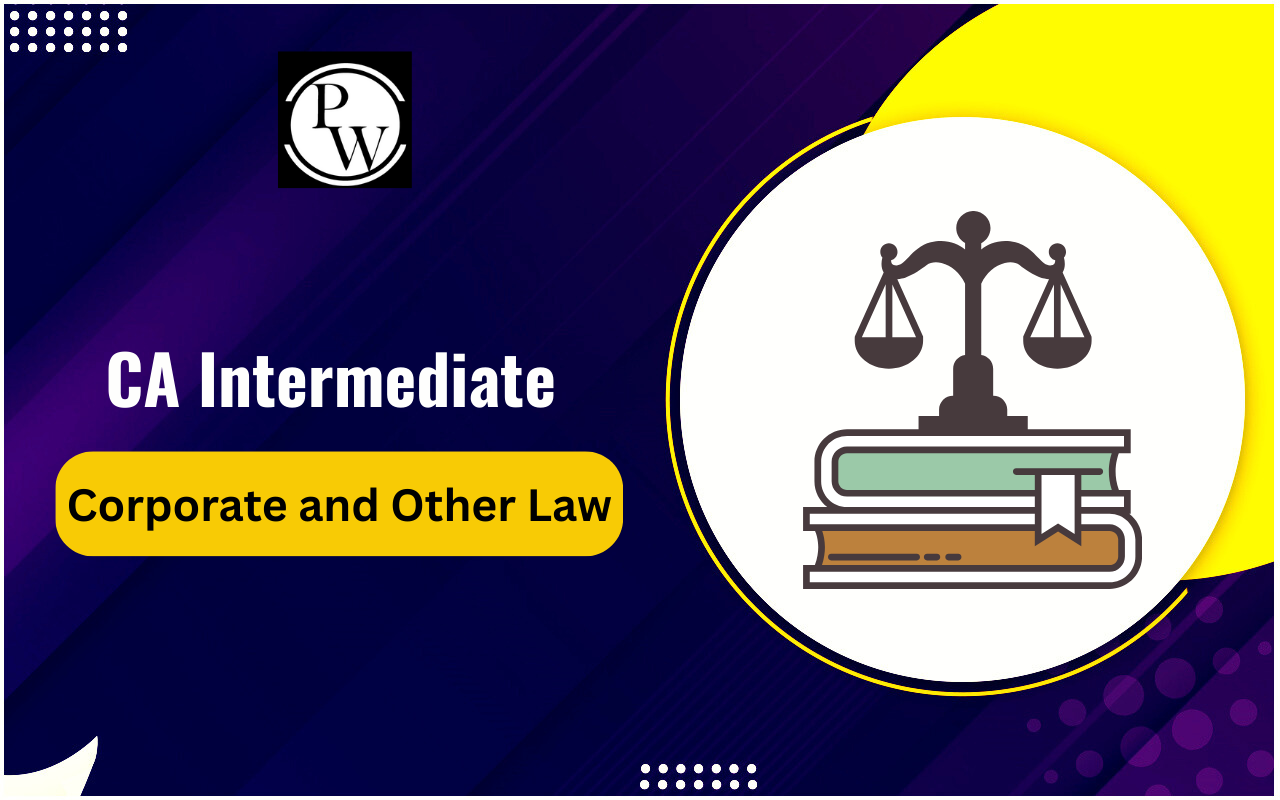
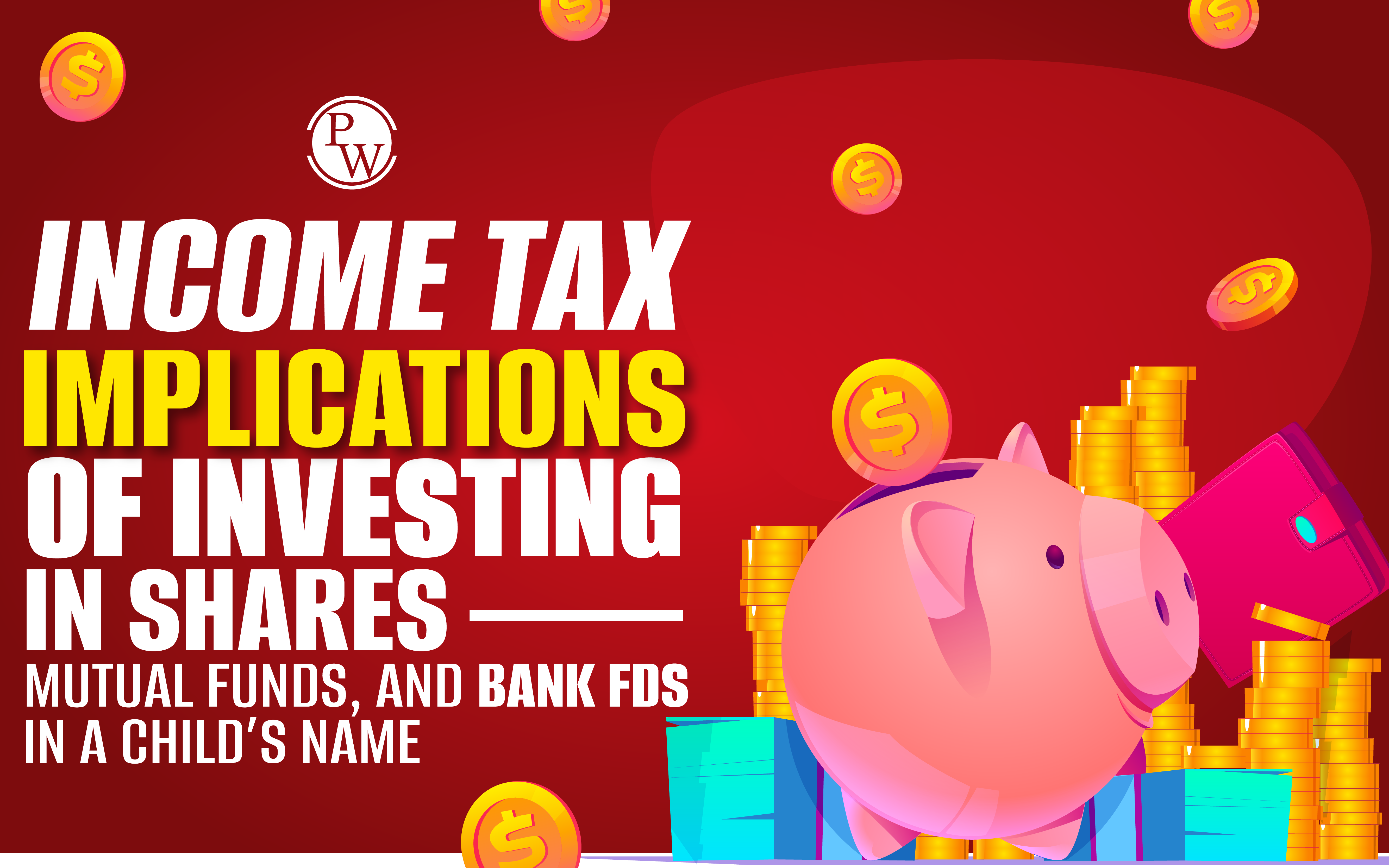
Numerous parents choose to invest in their children's names to prepare for future expenses like education and marriage. Yet, many aren't familiar with the tax implications tied to these investments.
According to Senthil G, Chief Business Development Officer at KFintech, a registrar and transfer agent (RTA) for mutual funds and companies, there are no restrictions on investing in a mutual fund scheme under a minor's name. However, it's important to note that this process is currently offline, requiring physical copies of all documents. Online investments in a child's name cannot be made by the parents themselves.Income Tax Implications of Investing in Mutual Funds/Shares in the Name of Child
Investments made in a minor's name can have tax implications under the Income-tax Act, 1961, known as the clubbing provision. When capital gains arise from shares or mutual fund investments in the minor's name, this income gets added to the parent or guardian's taxable income if the funds' source was the parent. This rule applies to all children, including stepchildren and adopted children. According to Akhil Chandna, Partner at Grant Thornton Bharat, a business and tax consultancy, the total income of the parent or guardian increases due to this clubbing. The higher-earning parent bears the tax burden as the income is clubbed in their hands. For instance, consider a scenario where a parent invests Rs 85,000 in a mutual fund in the name of their minor child. Even if the parent with the lower income contributes solely to this tax implications, any income from the sale of the investment during the child's minor status is clubbed with the higher-earning parent's income for tax purposes. This happens at the time of redemption, regardless of which parent made the initial investment.What If You Have Invested in Bank FD/Post Office Schemes in Child's Name
Investing in your child's name can involve bank fixed deposits (FD) and different post office schemes. However, it's important to note that any interest earned from these tax implications will be combined with the higher-earning parent's income. Whether the interest is accumulated or received doesn't affect this arrangement. Even if the interest is paid out after the child turns 18, it still gets linked to the income of the higher-earning parent. Chartered accountant Aastha Gupta, partner at S.K Gulati and associates, emphasizes that the timing of accrual or payment doesn't impact the application of income-tax clubbing provisions.Tax Exemption for Clubbed Income of Minors
If a parent includes their minor child's income in their own for tax purposes, they can get a tax exemption on the total income attributed to each child, up to a maximum of two children in a year. This rule applies even if the children are twins. For instance, if someone has one child and later has twins, the tax exemption is capped at two children, not three. Dr Suresh Surana, a founder of RSM India, a tax and business consulting group, explains that under section 10(32) of the Income-tax Act, the parent can claim a tax exemption of Rs. 1,500 or the amount of the minor's income that is clubbed, whichever is lower. However, this deduction is only applicable if the parent opts for the old tax regime. In the new tax regime, no such deduction is allowed.When Investments are Redeemed Upon the Child Turning 18 Years Old
"When a minor turns 18 and becomes an adult, any income they earn is no longer combined with their parent's income. If a parent invested money in the minor's name and the minor sell those investments after turning 18, the tax responsibility falls on the now-adult minor," explains Mr. Gupta.In Case Neither Parent is Alive
According to Income tax implications, if a minor's parents are no longer alive, the minor needs to submit an individual income tax return (ITR). The legal guardian takes on the responsibility of filing this ITR on behalf of the minor. To do this, the guardian must register as a 'representative assessee of the minor.' Importantly, the minor's income remains separate and is not combined with the legal guardian's income.If a Child Earns Money
When a minor invests their hard-earned money in mutual funds or stocks, the scenario takes a turn. According to Chandana, if a minor is using money they earned through their own work or a skillful activity, any profit they make from these investments will be subject to taxation in the minor's name.Income Tax Implications of Investing FAQs
Are there restrictions on investing in mutual funds under a minor's name?
According to KFintech's Senthil G, there are no restrictions, but the process is currently offline, requiring physical documents.
What are the tax implications of investing in a minor's name?
The Income-tax Act's clubbing provision may apply, adding the minor's income to the parent's taxable income.
How does clubbing work for mutual fund investments in a minor's name?
Capital gains from such investments get added to the parent or guardian's taxable income if the funds' source was the parent.
Is there tax exemption for clubbed income of minors?
Yes, under section 10(32) of the Income-tax Act, a parent can claim a tax exemption of up to Rs. 1,500 or the minor's income, whichever is lower.
What happens when a minor turns 18 and redeems investments?
Once a minor turns 18, any income earned is no longer combined with the parent's income, and the tax responsibility falls on the adult minor.
🔥 Trending Blogs
Talk to a counsellorHave doubts? Our support team will be happy to assist you!

Check out these Related Articles
Free Learning Resources
PW Books
Notes (Class 10-12)
PW Study Materials
Notes (Class 6-9)
Ncert Solutions
Govt Exams
Class 6th to 12th Online Courses
Govt Job Exams Courses
UPSC Coaching
Defence Exam Coaching
Gate Exam Coaching
Other Exams
Know about Physics Wallah
Physics Wallah is an Indian edtech platform that provides accessible & comprehensive learning experiences to students from Class 6th to postgraduate level. We also provide extensive NCERT solutions, sample paper, NEET, JEE Mains, BITSAT previous year papers & more such resources to students. Physics Wallah also caters to over 3.5 million registered students and over 78 lakh+ Youtube subscribers with 4.8 rating on its app.
We Stand Out because
We provide students with intensive courses with India’s qualified & experienced faculties & mentors. PW strives to make the learning experience comprehensive and accessible for students of all sections of society. We believe in empowering every single student who couldn't dream of a good career in engineering and medical field earlier.
Our Key Focus Areas
Physics Wallah's main focus is to make the learning experience as economical as possible for all students. With our affordable courses like Lakshya, Udaan and Arjuna and many others, we have been able to provide a platform for lakhs of aspirants. From providing Chemistry, Maths, Physics formula to giving e-books of eminent authors like RD Sharma, RS Aggarwal and Lakhmir Singh, PW focuses on every single student's need for preparation.
What Makes Us Different
Physics Wallah strives to develop a comprehensive pedagogical structure for students, where they get a state-of-the-art learning experience with study material and resources. Apart from catering students preparing for JEE Mains and NEET, PW also provides study material for each state board like Uttar Pradesh, Bihar, and others
Copyright © 2025 Physicswallah Limited All rights reserved.

